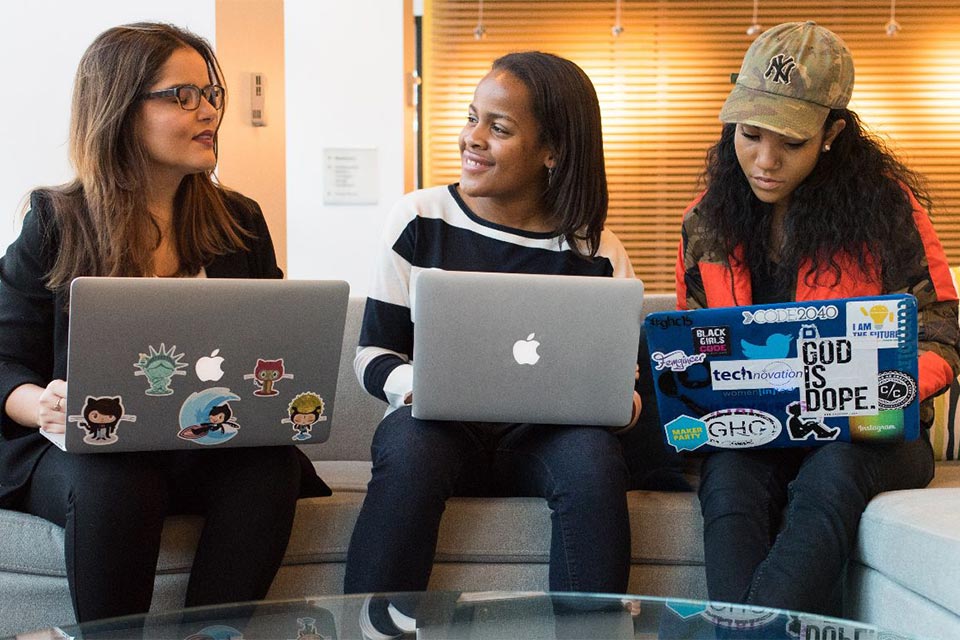Cooperation Through Code: The Social Outcomes of Blockchain Technology

Started in May 2020 and led by Professor Ellie Rennie, the Cooperation Through Code project works across two dynamic research centres at RMIT: The Blockchain Innovation Hub and the Digital Ethnography Research Centre.
The five-year project investigates the social consequences of using distributed ledger technology, including blockchains, for compliance, registries and regulatory processes. Taking an interdisciplinary approach that combines ethnographic methods, analysis of code and reverse engineering, we are creating new knowledge about the way that people cooperate using this emerging technology. In addition to advancing social research on technological change, the project is providing benefits such as fairer strategies for effective regulation through technology, and an understanding of how these technologies in turn should be governed.
We are collaborating with government bodies, not-for-profits and private businesses who are experimenting with distributed ledgers for a wide range of uses. The project is expected to benefit civil society organisations by assisting them to understand the implications of blockchain technology for their existing processes and how they might use the technology for joint efforts. Benefits may include improving decision-makers’ ability to use this technology for more effective and efficient institutions. The project is also helping developers to understand how social factors can alter the effectiveness or outcomes of software protocols.
Cooperation Through Code is a Future Fellowship project funded by the Australian Research Council. The Chief Investigator is Professor Ellie Rennie, who specialises in empirical research into communication technology, social policy and technological governance.
To advance understanding of distributed ledger technology within the social sciences and humanities.
To assess how distributed ledger technology produces or constrains cooperation among government and nongovernment actors.
To determine the relationship between distributed ledger technology governance models and social inclusion or exclusion outcomes
To identify whether distributed ledger technology changes the dynamics of accountability and risk for civil society organisations.

Key Contact: Professor Ellie Rennie
Email: ellie.rennie@rmit.edu.au
Phone: +61 3 9925 2044
Twitter: @elinorrennie
Acknowledgement of Country
RMIT University acknowledges the people of the Woi wurrung and Boon wurrung language groups of the eastern Kulin Nation on whose unceded lands we conduct the business of the University. RMIT University respectfully acknowledges their Ancestors and Elders, past and present. RMIT also acknowledges the Traditional Custodians and their Ancestors of the lands and waters across Australia where we conduct our business - Artwork 'Sentient' by Hollie Johnson, Gunaikurnai and Monero Ngarigo.